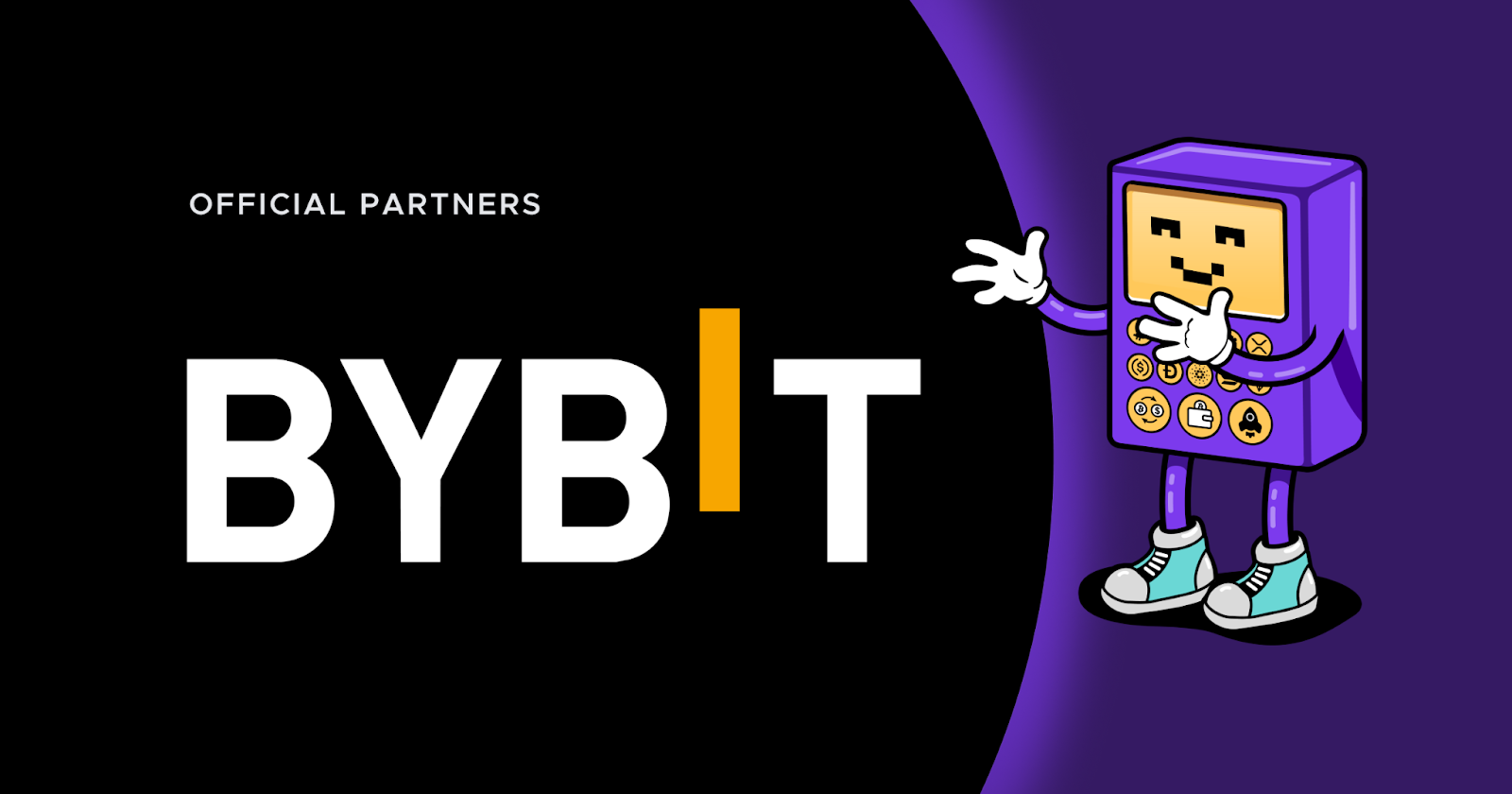The Summ (formerly Crypto Tax Calculator) team is proud to announce our exciting partnership with Bybit, delivering a crypto tax solution tailored to Bybit’s global community of users.
As one of the world’s leading crypto exchanges by trading volume, Bybit is renowned for its high-performance trading infrastructure, deep liquidity, and commitment to innovation. With millions of users worldwide trading derivatives, spot markets, and participating in a growing Web3 ecosystem, this partnership comes at the perfect time; when accurate and accessible tax reporting is more important than ever.
Making crypto tax reporting effortless for Bybit users
Whether you're a seasoned trader, DeFi explorer, or simply navigating crypto for the first time, tax reporting shouldn’t be a roadblock. Together, Summ and Bybit are here to remove the complexity.
Here's what this partnership brings you:
Easy Account Setup
Connect your Bybit account to Summ in just a few clicks. Automatically import your transactions via either API keys or CSV files.
Smart Transaction Labelling
Our platform supports 3,500+ exchanges, wallets, and blockchains, with powerful algorithms that label activity across Bybit’s diverse products, including derivatives, spot trades, and more.
Full DeFi & NFT Support
Got activity outside of Bybit? No problem. We specialize in handling advanced crypto use cases - staking, liquidity pools, NFT trades, airdrops, and more.
Global Tax Support
Generate tax reports for over 100 countries, customized for your local laws. Whether you're filing solo or with an accountant, you’ll have the forms you need - clearly formatted and ready to go.
Why this matters
As global tax authorities increase scrutiny on crypto transactions, accurate reporting is more critical than ever. Bybit's commitment to compliance and user empowerment makes this partnership a natural fit.
Together, we're making sure that no matter how active you are in the crypto space, you're always in control, and ahead of your tax obligations.
Get your crypto taxes sorted and start using Summ for free.
The information provided on this website is general in nature and is not tax, accounting or legal advice. It has been prepared without taking into account your objectives, financial situation or needs. Before acting on this information, you should consider the appropriateness of the information having regard to your own objectives, financial situation and needs and seek professional advice. Summ (formerly Crypto Tax Calculator) disclaims all and any guarantees, undertakings and warranties, expressed or implied, and is not liable for any loss or damage whatsoever (including human or computer error, negligent or otherwise, or incidental or Consequential Loss or damage) arising out of, or in connection with, any use or reliance on the information or advice in this website. The user must accept sole responsibility associated with the use of the material on this site, irrespective of the purpose for which such use or results are applied. The information in this website is no substitute for specialist advice.

































































































































































.png)

